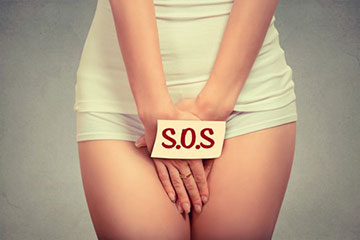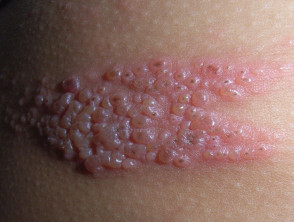Hay Fever
If you suffer from sneezing, runny noses, or itchy eyes, you might think you have a cold. Instead, it could be an allergy. When you come across something that you are allergic to, your body reacts by producing chemicals. These chemicals cause the sneezing, runny nose and itchy eyes.
People can be allergic to many different things, such as: pollen, dust mites, animal dandruff, mold, foods, drugs.
Get the facts on allergies for you and your family.
Hay Fever
Hay fever (pollen allergy) is one of the most common kinds of allergies. About 35 million Americans suffer from hay fever. Pollen is made by trees, grasses, and weeds. During the spring, summer, and fall some plants release pollen into the air you breathe. Your symptoms might be different at different times of the year. It all depends on the kinds of plants that grow where you live and what allergies you have.
Symptoms of Hay Fever
- Sneezing
- Runny or clogged nose
- Coughing
- Itchy eyes, nose, and throat
- Watery eyes
- Red, swollen eyes
Questions about Allergies and Hay Fever
Why do some people have allergies and hay fever?
No one is sure what causes allergies. You are more likely to have hay fever if your parents have it.
What kinds of tests check for allergies?
- Skin tests--Your doctor may also use a needle to put a small amount of allergen into your skin. After a few minutes, the reaction tells your doctor if you have allergies.
- Blood tests--Your doctor may use a blood test to look for a protein in your blood called IgE. This protein is made by people with allergies and hay fever. It also helps fight certain types of infection.
Both tests look for certain disease-fighting cells (antibodies). Your body makes these cells to match whatever it is fighting. Your antibodies tell doctors what you are allergic to.
Treatment
Your doctor can help you decide what to do. You can:
- Avoid the things that cause your symptoms.
- Use medicines.
- Get allergy shots.
Allergy shots contain small amounts of what you are allergic to. At first, shots may be given every week to lessen your symptoms. The shots are usually continued for 3 to 5 years.
Hay Fever vs. Colds
Hay Fever | Colds | |
|---|---|---|
Signs | Signs can include running or stuffed nose, sneezing, wheezing, itchy and watery eyes. | Signs can include fever, aches and pains stuffed nose, sneezing, and watery eyes. |
Warning Time | Symptoms begin right away. | Symptoms usually take a few days to start. |
Duration | Symptoms last as long as you are around the allergen | Symptoms should clear up within a week. |






